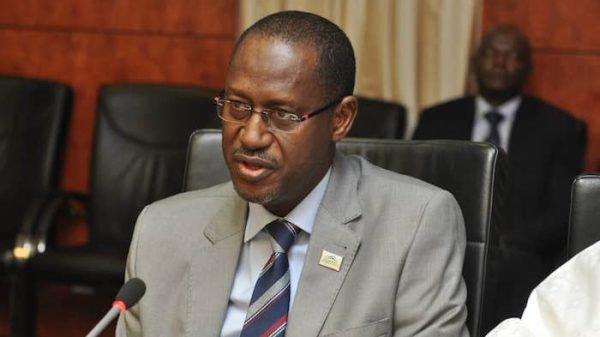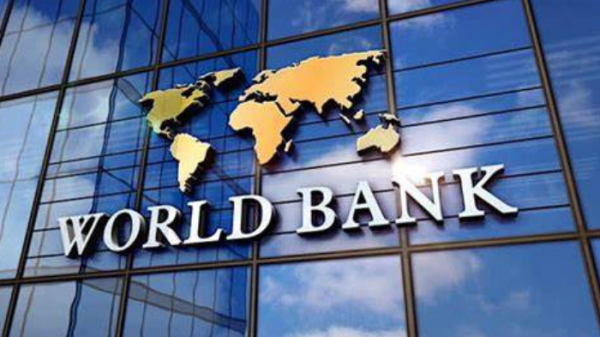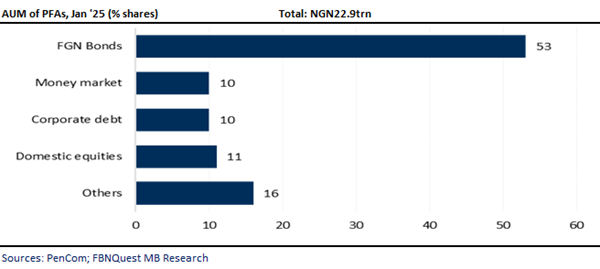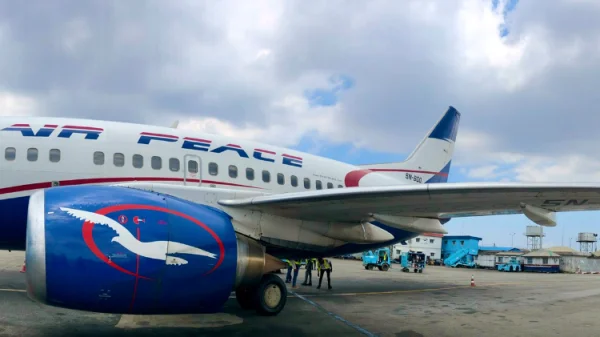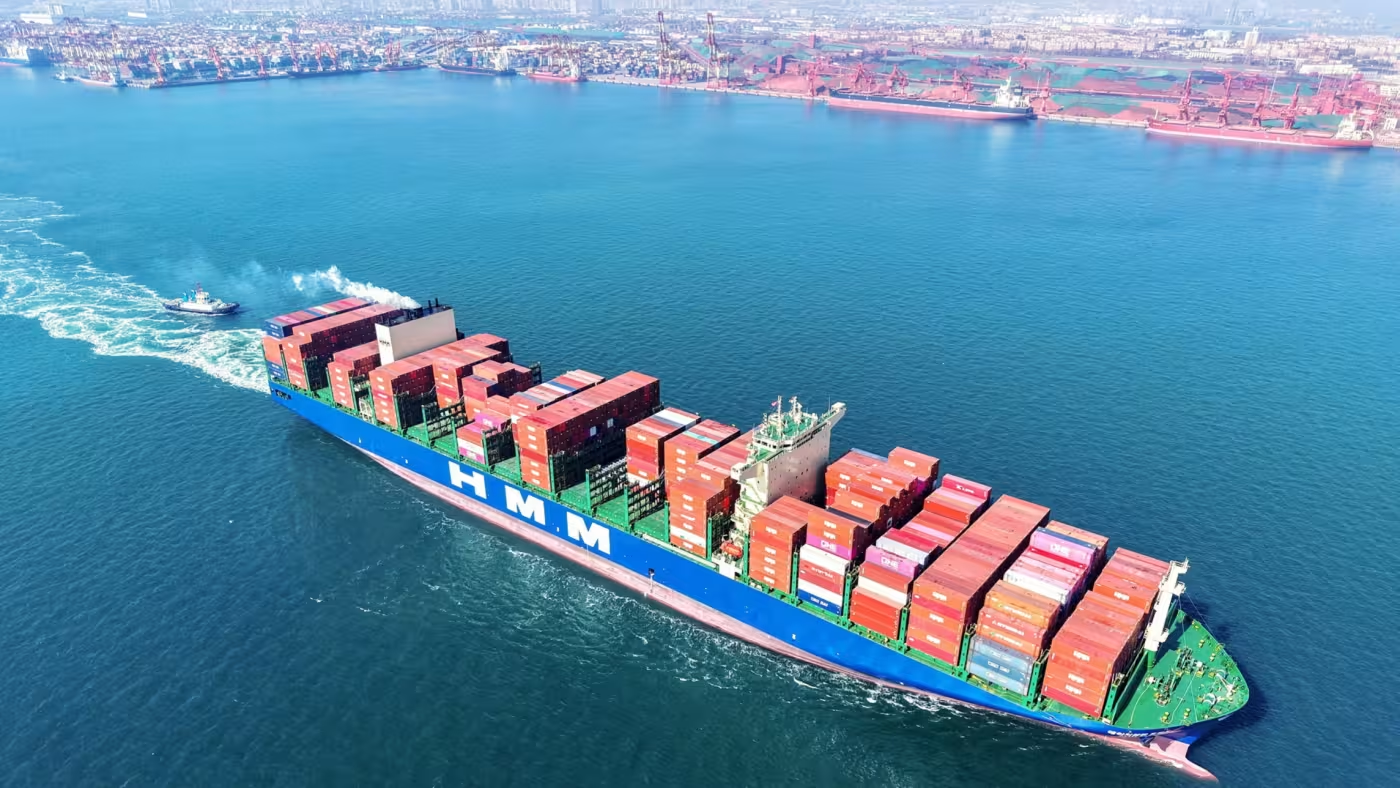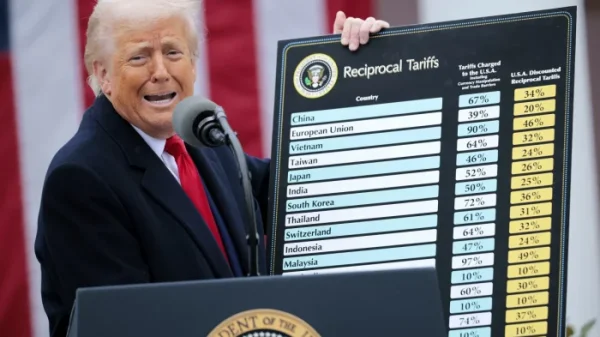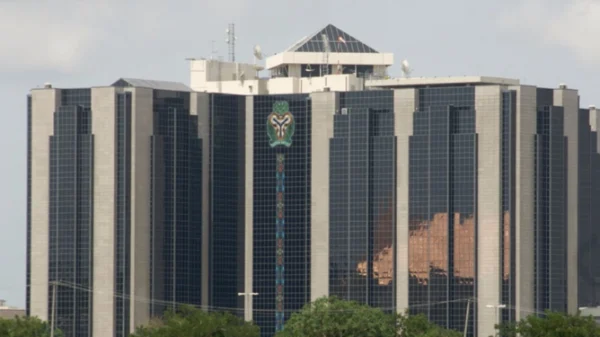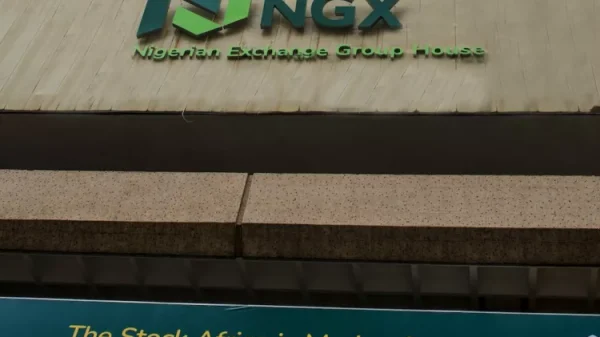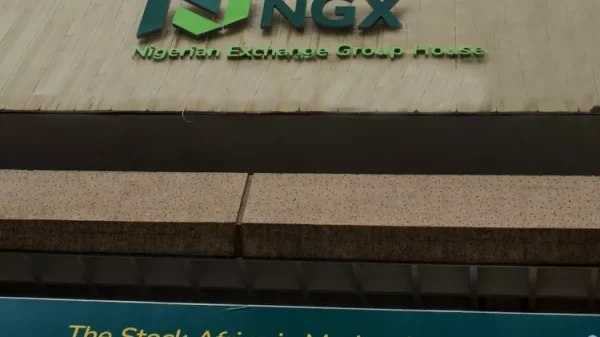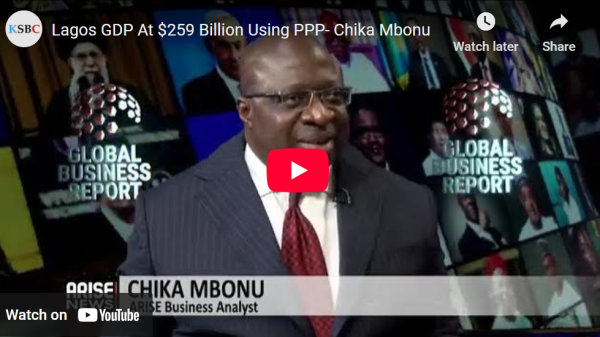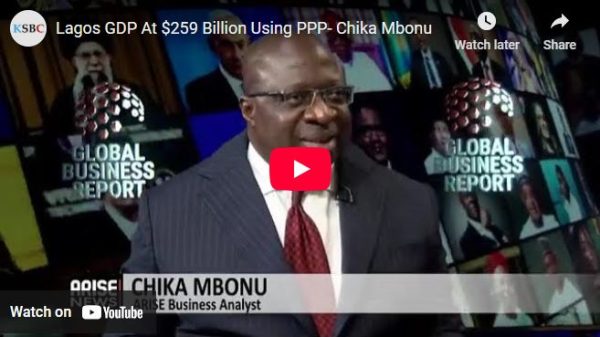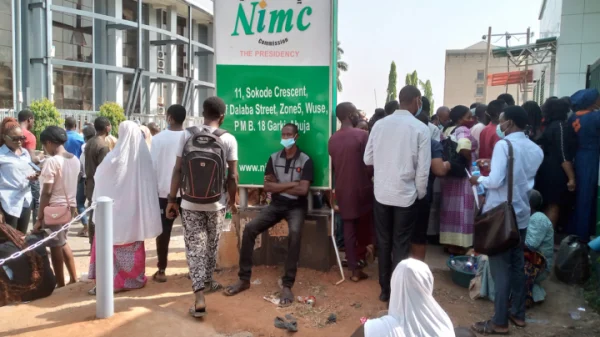Private sector has introduced a large-scale agribusiness financing programme aimed at transforming the country’s agricultural sector and enhancing food security. The investment model was presented to the Federal Government during a meeting with Wale Edun, the Minister of Finance and Coordinating Minister of the Economy, and Dr. Armstrong Takang, the Chief Executive Officer of the Ministry of Finance Incorporated.
According to a statement by Mohammed Manga, Director of Information and Public Relations at the Federal Ministry of Finance, the programme is a collaborative effort between the government and private sector stakeholders. Representatives from KPMG and other industry players outlined the fund’s structure, which was designed to mobilise large-scale financing for the cultivation and processing of key crops, including oil palm, rice, maize, cassava, sugar, and soybean.
Despite Nigeria’s large population and abundant agricultural resources, the country faces significant challenges in achieving food security. Economic, political, environmental, and social factors have contributed to widespread food insecurity. According to the 2024 Global Hunger Index (GHI) and the United Nations Food and Agriculture Organization (FAO), over 40% of Nigerians experience moderate to severe food insecurity. With a GHI score of 28.8 out of 50, Nigeria faces a “serious” hunger crisis. The World Food Programme (WFP) estimated that 33.1 million Nigerians faced acute hunger during the June to August 2024 lean season, a sharp increase from the 25.1 million recorded at the end of 2023. The situation is expected to deteriorate further in 2025.
Meanwhile, the recently released GDP numbers showed the agriculture sector’s growth improved slightly to 1.76% in Q4 2024, compared to 1.14% in Q3 2024 but lower than 2.10% in Q4 2023. The agricultural sector’s lacklustre performance continues to reflect persistent challenges, including insecurity in major food-producing regions and unpredictable weather conditions. The agricultural sector comprises four subsectors: Crop Production, Livestock, Forestry, and Fishing.
Nigeria’s food insecurity has reached its worst level in decades, exacerbated by a depreciating Naira, insufficient domestic agricultural production, and reliance on costly food imports. Violent conflicts, including insurgency in the northeast, armed banditry in the northwest, and farmer-herder clashes in the north-central and southwest, further disrupt food supply chains. Rising agricultural input costs, poorly implemented agricultural policies, and escalating transportation expenses compound the problem. Climate change also plays a critical role, with frequent and severe floods disrupting food production, reducing availability, and driving up prices.
Food scarcity and high inflation are expected to persist in 2025. To address this crisis, encouraging agricultural investment, such as the Large-Scale Agribusiness Financing, is crucial. However, improving agricultural output in Nigeria requires a multifaceted approach beyond large-scale investment projects. A holistic approach that includes investment, infrastructure, policy reforms, and modern technology will be key to achieving sustainable agricultural growth in Nigeria.




